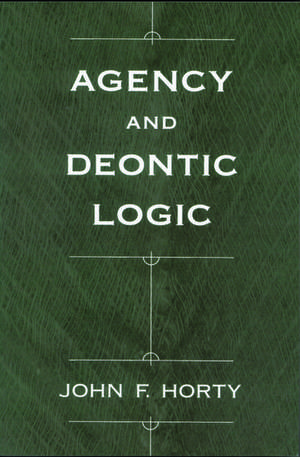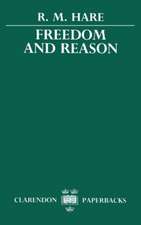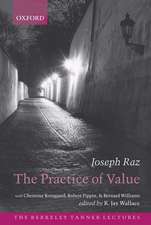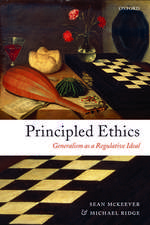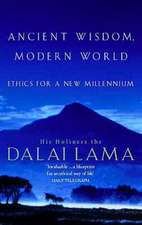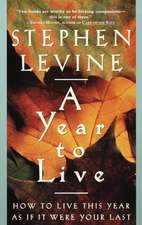Agency and Deontic Logic
Autor John F. Hortyen Limba Engleză Hardback – 8 feb 2001
Preț: 230.33 lei
Nou
Puncte Express: 345
Preț estimativ în valută:
44.07€ • 46.02$ • 36.48£
44.07€ • 46.02$ • 36.48£
Carte tipărită la comandă
Livrare economică 24-31 martie
Preluare comenzi: 021 569.72.76
Specificații
ISBN-13: 9780195134612
ISBN-10: 0195134613
Pagini: 208
Ilustrații: numerous line figures
Dimensiuni: 164 x 236 x 20 mm
Greutate: 0.45 kg
Editura: Oxford University Press
Colecția OUP USA
Locul publicării:New York, United States
ISBN-10: 0195134613
Pagini: 208
Ilustrații: numerous line figures
Dimensiuni: 164 x 236 x 20 mm
Greutate: 0.45 kg
Editura: Oxford University Press
Colecția OUP USA
Locul publicării:New York, United States
Recenzii
Agency and Deontic Logic represents a major advance in the field, developing fresh ideas for thinking about longstanding internal problems and making significant connections with external areas of research, most notably decision theory and utilitarian ethical theory. Although the book is technically sophisticated, the discussion is exceptionally clear and readable and benefits greatly from numerous examples and diagrams. Agency and Deontic Logic should interest an audience that includes logicians, computer scientists, and those working in decision theory, game theory, and ethics, as well as applications of these disciplines.
These essays on the history of political argument in the United States constitute both a scholarly contribution and a distinctive political intervention in contemporary discussions of liberalism. Kloppenberg's liberalism is much closer to European social democracy than to what is attacked or defended in most of today's disputes about the 'l-word.' Kloppenberg is one of the best historians now working on any aspect of the intellectual history of the United States.
Everyone interested in the past, present, and potential of liberalism should read this passionate book. It sparkles.
This book is indispensable for lawyers, political theorists, and others who look to history to uncover cultural resources for reviving progressive politics. Kloppenberg's nuanced readings of the interrelationships of republican, religious, and liberal themes in American politics are never schematic; yet they are framed with an eye towards the future as well as the past. Subtle, thorough, engaged: this book offers a pragmatism more chastened than Dewey's but still hopeful for the future.
These essays on the history of political argument in the United States constitute both a scholarly contribution and a distinctive political intervention in contemporary discussions of liberalism. Kloppenberg's liberalism is much closer to European social democracy than to what is attacked or defended in most of today's disputes about the 'l-word.' Kloppenberg is one of the best historians now working on any aspect of the intellectual history of the United States.
Everyone interested in the past, present, and potential of liberalism should read this passionate book. It sparkles.
This book is indispensable for lawyers, political theorists, and others who look to history to uncover cultural resources for reviving progressive politics. Kloppenberg's nuanced readings of the interrelationships of republican, religious, and liberal themes in American politics are never schematic; yet they are framed with an eye towards the future as well as the past. Subtle, thorough, engaged: this book offers a pragmatism more chastened than Dewey's but still hopeful for the future.
